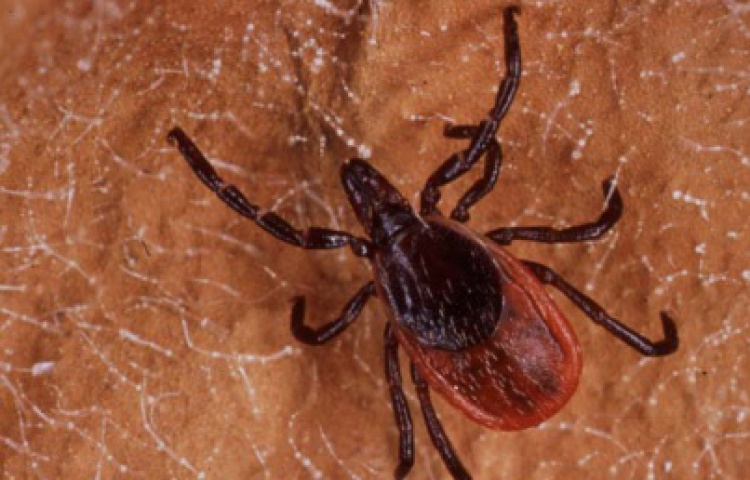EXT-PEST-TicksnFly - UNH Extension Pesticide Safety - Mosquito, Biting fly and Ticks Training
Course Description

MOSQUITOES, biting flies and ticks can be annoying and sometimes pose a serious risk to public health. In the United States, mosquitoes can transmit diseases like EEE and West Nile virus. Biting flies can inflict a painful bite that can persist for days, swell and become infected. Ticks can transmit serious diseases like Lyme disease, Rocky Mountain spotted fever, and Ehrlichiosis. This training will provide an applicator with the basic information they need in order to perform their jobs effectively when it comes to mosquito, biting fly and tick management. We will cover diagnosis (identification of mosquito, biting fly and ticks), their habits, recognizing the evidence of an infestation, recognizing harborage which favor infestations and diseases spread by mosquitoes and/or ticks and which species vector which diseases.
The University of New Hampshire Cooperative Extension is an equal opportunity educator and employer. UNH, U.S. Dept. of Agriculture, and New Hampshire counties cooperating. Our programs and policies are consistent with pertinent Federal and State laws and regulations prohibiting discrimination on the basis of race, color, national origin, religion, sex, gender identity (including gender expression), sexual orientation, disability, age, marital status, familial/parental status, income derived from a public assistance program, political beliefs, reprisal or retaliation for prior civil rights activity. To file a UNH or UNHCE discriminatory harassment complaint, use the Incident Report Form or call 603-862-2930. To file a USDA program discrimination complaint, complete the USDA Program Discrimination Complaint Form or call 866-632-9992.
If you need an accommodation to participate in our programming, please contact pesticide.safety@unh.edu, 603-836-4934 prior to the event. Given ample time, we will make any reasonable effort to meet your needs, including language access services if requested, which will be provided free of charge.
A fee is charged for this Extension program to cover costs. A limited number of scholarships are available to individuals unable to pay.